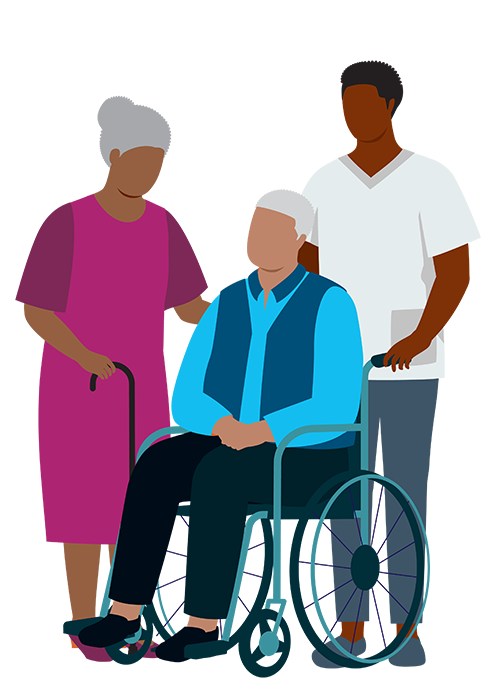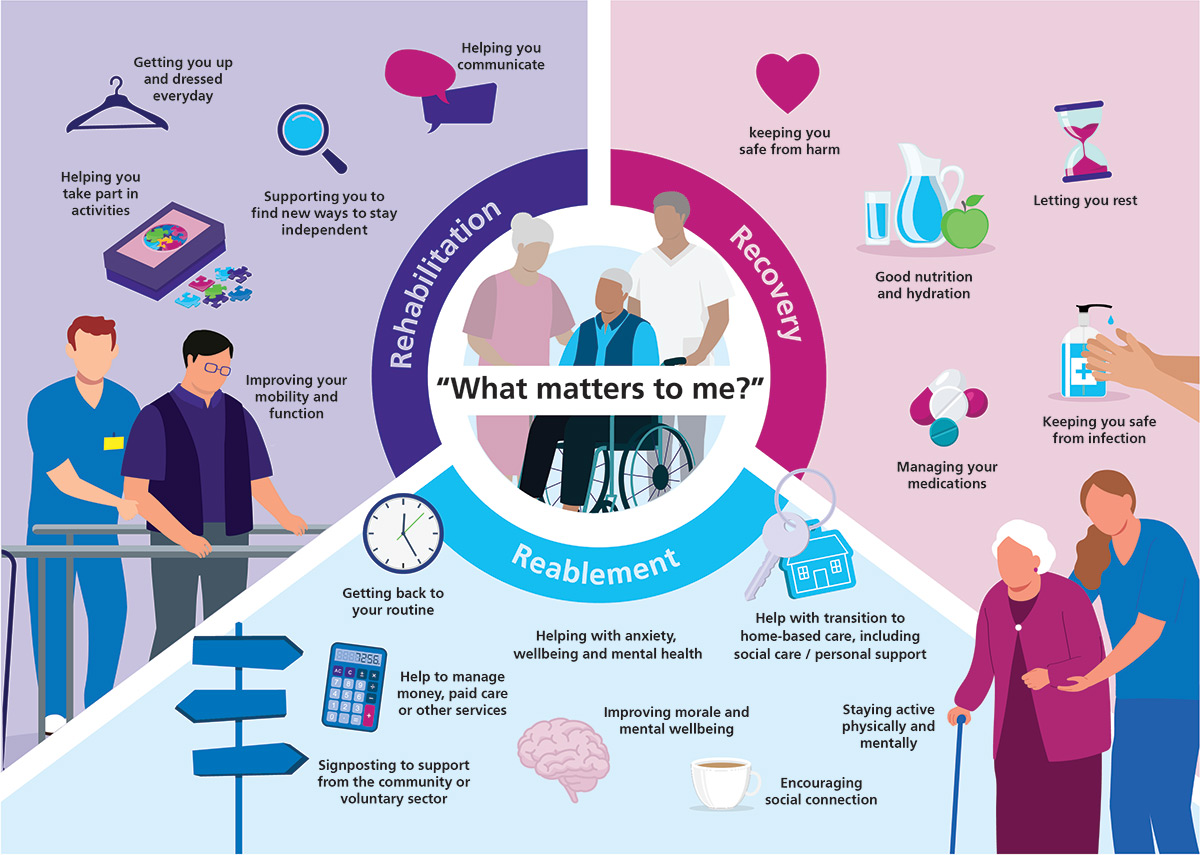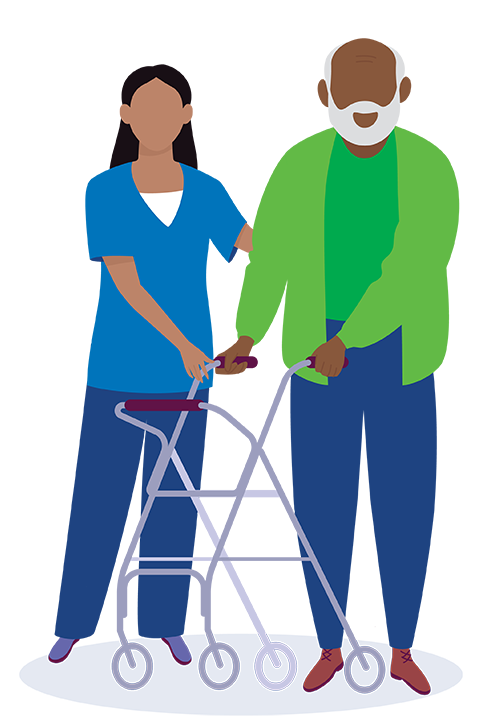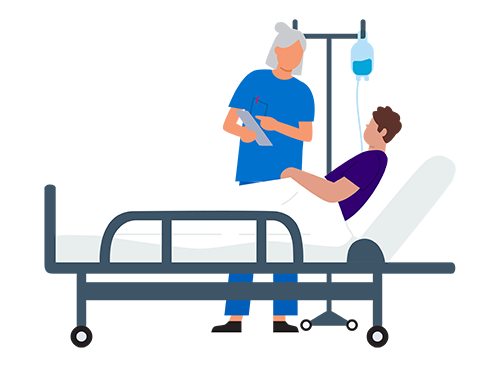Why do we need to talk about this now?
The population of Kent is changing. We need to evolve and adapt our services so we can meet people’s needs both now and in the long term.
We know:
- there are 1.6 million people living in Kent at the moment, but this number is expected to rise by a quarter by 2031
- the number of people living with multiple and complex health conditions will rise by around 16 per cent by 2027
- the number of people living with frailty* will increase by around 16 per cent by 2027.
What is frailty?
NHS England defines frailty as the group of older people who are at the highest risk of falls, disability, admission to hospital, or the need for long-term care. Frailty is linked to the ageing process and how our bodies gradually lose their in-built reserves, leaving us vulnerable to dramatic, sudden changes in health triggered by seemingly small events such as a minor infection, a change in medication or environment, or a fall.
Increasing numbers of people with frailty is putting a strain on NHS and social care resources.







